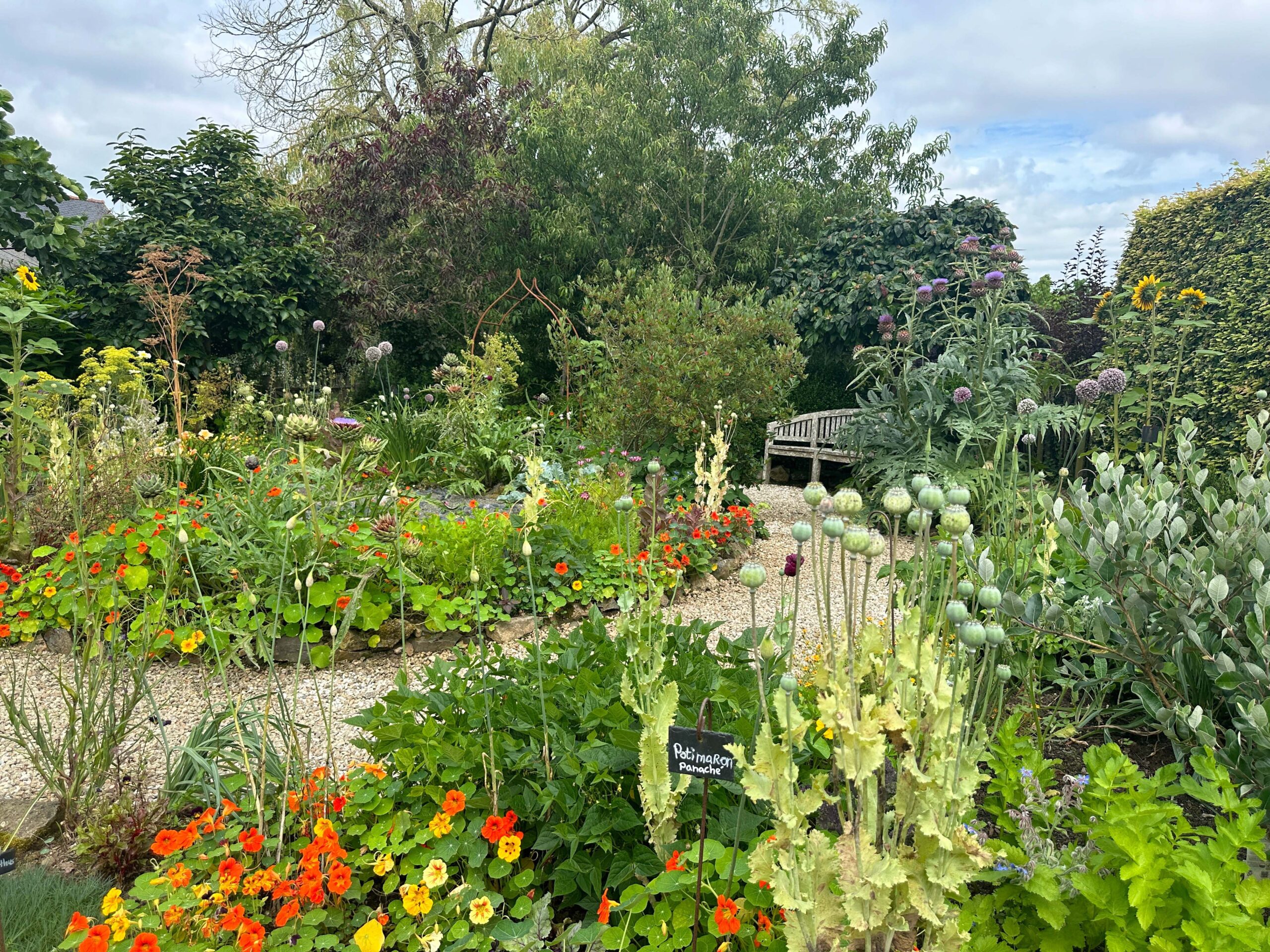The medicinal value of herbs has long been recognised, and for centuries they have been the go-to for almost every ailment. Ancient Egyptian and Chinese documents record the use of herbs for a variety of ailments, ranging from indigestion and headaches to fatigue and insomnia. You don’t need to be a skilled gardener to grow your own medicinal herbs successfully, nor is it difficult to prepare them for use. Many can be eaten as they are or simply made into a tea.
Words Kahu de Beer.
Calendula Calendula officinalis
Can be used to treat almost any kind of skin-related condition. Acts as an antiseptic for cuts and scrapes. A tea made of the flowers can help with varicose veins and ease digestive problems.
To make a herb tea: Pour 1 cup boiling water over 1 tbsp fresh or 1 tsp dried herb leaves or flowers (depending on which herb you’re using). Steep for 10 minutes and then strain.
Parsley Petroselinum crispum
Acts as a free radical scavenger, heart protector, brain protector, antidiabetic, antibacterial, and antifungal. Soothes the digestive system and decreases bloating.
Broadleaf plantain Plantago major
The young leaves of plantain are rich in vitamin B1 and riboflavin. Contains antimicrobial, anti-inflammatory and wound-healing properties. The mashed up leaves are a traditional treatment for insect bites and stings. Plantain contains allantoin, which is a cell growth promoter, and aucubin, which acts as a mild antibiotic.
German chamomile Matricaria recutita
Relaxes the nervous system and gut. Can be used to help colicky babies. Cooled chamomile tea applied to the skin can soothe eczema, or be used as a gargle to relieve mouth ulcers. For our Soothing Ginger and Chamomile Tummy Tea recipe, click here.
Sage Salvia officinalis
Excellent for sore throats, gum infections, tonsillitis and mouth ulcers. Can help reduce menopausal hot flashes and night sweats. Improves memory, concentration and mood. Studies suggest it may have a positive effect on the symptoms of Alzheimer’s.
Rosemary Rosmarinus officinalis
Stimulates circulation, helps to combat general fatigue and depression. Enhances memory and concentration by increasing blood flow to the head.
Dandelion Taraxacum officinale
High in vitamins B and C, as well as iron. Excellent for treating anaemia, acne, liver and blood disorders as well as aiding digestion. The leaves contain more protein than spinach.
Garden mint Mentha sachalinensis
Calms stomach upsets and indigestion. Picking fresh leaves and smelling them will help prevent nausea and motion sickness. Has a cooling effect on the skin – a poultice can be made of the leaves and applied to provide relief from skin irritation. Has a mild analgesic action that can help with headaches and muscle cramps.
Thyme Thymus vulgaris
Thyme contains potent antimicrobial properties owing to its high essential oil content. Can help to relax muscles. Highly regarded for its ability to treat respiratory conditions. Cooled thyme tea can be used as a gargle for sore throats and tonsillitis. Also good for digestion and its antimicrobial qualities can be helpful in treating gastrointestinal infections.
Lemon balm Melissa officinalis
Has a gentle, calming effect; eases tension, digestive upsets and colic. Topical creams can be used for cold sores.
Nasturtium Tropaeolum
The peppery leaves contain natural antibiotic properties and vitamin C, making them a great treatment for colds and flu. The flowers are known to support the kidneys and bladder.
Garlic Allium sativum
Potent antimicrobial and antiviral. Helps to regulate blood pressure. Often used to combat colds and sinus congestion. Improves intestinal health and is a cleanser for the whole body. Best eaten raw with food.







